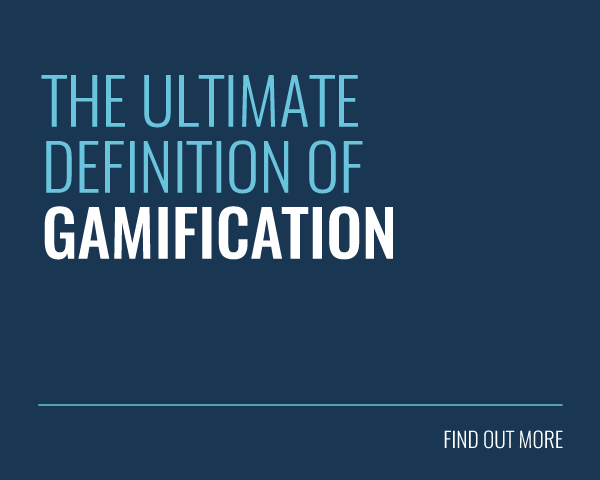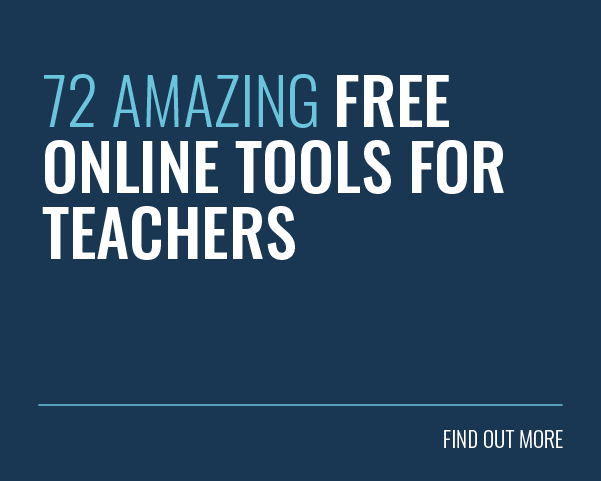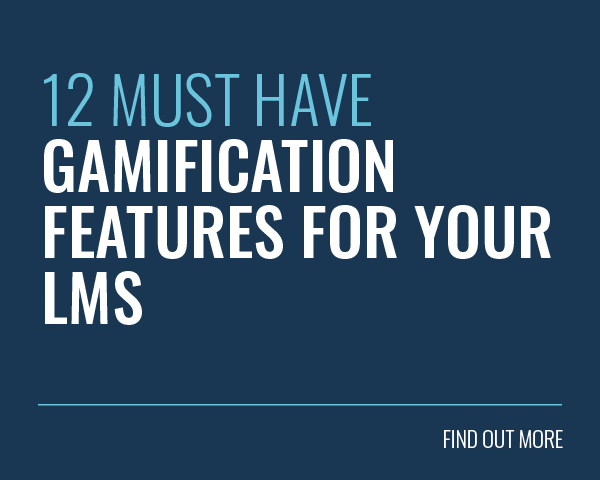
We’ve all learned valuable lessons from playing games. Good chess players soon develop expert decision making and time management skills. Monopoly teaches us to be financially prudent. Team sports show us the value of communication and collaboration. The list is endless. But how effective are learning games and a game-based learning approach within a wider training initiative or educational programme?
Should learning professionals be using games as part of their curriculum? Should teachers incorporate games within their classrooms? And should instructors use game-based learning to achieve their goals and objectives?
We spoke to three industry experts to find out more about the game-based learning market, the role games can play within our learning programmes and the effectiveness of the approach. But before we get to that, let’s get our definitions in order!
Games & Learning: A Glossary
The learning technology space is full of confusing terminology. With this in mind, here’s a breakdown of some of the key terms relating to learning games.
- Gamification: The application of game mechanics to a non-gaming environment. The goal is to use these mechanics (Badges, XP, Leaderboards, etc.) to drive engagement and incentivize the right behaviours.
- Game-based Learning: This is learning that takes place within a fully-fledged game environment.
- Serious Games: These are games that have been designed for a primary purpose other than pure entertainment. They focus on achieving a specific set of learning goals or objectives.
To drive home the distinction, let’s consider a game like Minecraft. In this game, players explore a blocky procedurally generated world. As they progress, they can collect glowing experience orbs (or ‘XP’) and ‘Level Up’. If you were to take these mechanics and apply them to a separate platform, you’d be gamifying the experience.
Minecraft is not a ‘serious game’, as it was not built with an educational goal in mind. However, it is possible to have game-based learning experiences whilst playing Minecraft. For instance, there are clear lessons to be learned about the value of good resource management.
With all that said, let’s hear what the experts have to say about the role game-based learning has to play, both now and in the future.
Karl Kapp: Where Do Learning Games Fit?

Karl Kapp is professor of Instructional Technology at Bloomsburg University. He has published several books on gamification and ‘game thinking’, including his latest, The Gamification of Learning and Instruction. We asked Karl about the role game-based learning had to play within a wider learning programme.
“You should integrate learning games into your training programmes, because they’re engaging, they’re instructional and they give you great outcomes. But to achieve these outcomes, you need to think about where your learning games sit within your wider training offering.”
“It can be very effective to add a game to the start of the learning journey. This gets people excited about the training programme. Adding a game to your initiative drives the energy levels right up. This excitement helps your learners to focus on the content you’re teaching them. The game experience also provides helpful context for future discussions.”
“Likewise, ending with a learning game can be effective. By culminating with a game-based learning experience, your audience can apply what they’ve already learned and see the results for themselves. What’s important, is that you ask your learners to reflect on their experiences playing the game. After all, it’s this reflection that will drive the most valuable outcomes.”
Sue Bohle: The Learning Game Revolution is Not Slowing Down
 Sue Bohle is the Executive Director and Producer of the Serious Play Conference. Her passion revolves around using gameplay as an educational tool. This year’s conference offers a full track of sessions on every major market for the use of serious games and simulations in training or education. We asked Sue about her experience with learning games so far:
Sue Bohle is the Executive Director and Producer of the Serious Play Conference. Her passion revolves around using gameplay as an educational tool. This year’s conference offers a full track of sessions on every major market for the use of serious games and simulations in training or education. We asked Sue about her experience with learning games so far:
For the last twelve years, I’ve watched interest in learning games grow and grow. And happily, I’ve heard a variety of success stories. One teacher came to the Serious Play Conference six years ago, wanting to learn about whether games could keep her 9th grade students engaged.
Over the next few years, her success in incorporating classroom games led to the development of a district-wide game-based science curriculum. In turn, this led to a state-wide STEM programme, a white house visit and federal funding.
Now healthcare, non-profit and corporate trainers are implementing serious games. It turns out that fun-focused learning is a serious business.
Rob Alvarez aka. Professor Game: Learning Games Are ‘Engagement Cornerstone’
 Rob Alvarez is an expert speaker and advocate for the use of gamification in education and training. His association with gamification and learning is so strong that he has earned the moniker, ‘Professor Game’. This is also the name of his popular podcast, which offers a bounty of ideas and inspiration for making meaningful learning experiences. We asked Rob about whether learning games should be a focus in today’s current climate.
Rob Alvarez is an expert speaker and advocate for the use of gamification in education and training. His association with gamification and learning is so strong that he has earned the moniker, ‘Professor Game’. This is also the name of his popular podcast, which offers a bounty of ideas and inspiration for making meaningful learning experiences. We asked Rob about whether learning games should be a focus in today’s current climate.
Game-based learning considers our drives and motivations as humans. It makes the best of the exciting, motivating and engaging strategies and design ideas from games. The effort in using gamification for learning can result in improved concentration, effort and determination to succeed. These are all central to overall knowledge retention and application.
We are currently facing a swift shift in priorities and work dynamics as a result of COVID-19. The budget crunching experienced by companies far and wide is resulting in some of them moving away from gamification and game-based learning. But should they?
As usual, it is hard to find a blanket policy that works for everyone. However, if you are struggling with keeping your learners engaged in a working-from-home environment, then game-based learning is the perfect attention-grabbing tool. After all, game-based learning solutions are engaging by their very nature. It has also been proven that when they are well designed, they can be a cornerstone to engagement.
Final Word
Game-based learning is not going anywhere. Indeed, according to research from Ambient Insight, the global market for game-based learning is set to hit $7.3bn in 2021. It’s also been proven to be an effective approach.
Indeed, a study by Vanderbilt University was able to show that pupils who used games to learn retained more information than those who used traditional learning approaches. What’s more, 92% of the teachers involved in the study agreed that they would like to use curriculum-based learning games in the future.
Game-based learning is now a research-backed approach. As the experts note, if you incorporate games into your learning approach, it can drive engagement and facilitate effective knowledge transferral. This is true whether you’re inserting the game at the start or the end of the learning experience. Now is the time to embrace the game-based learning revolution!








